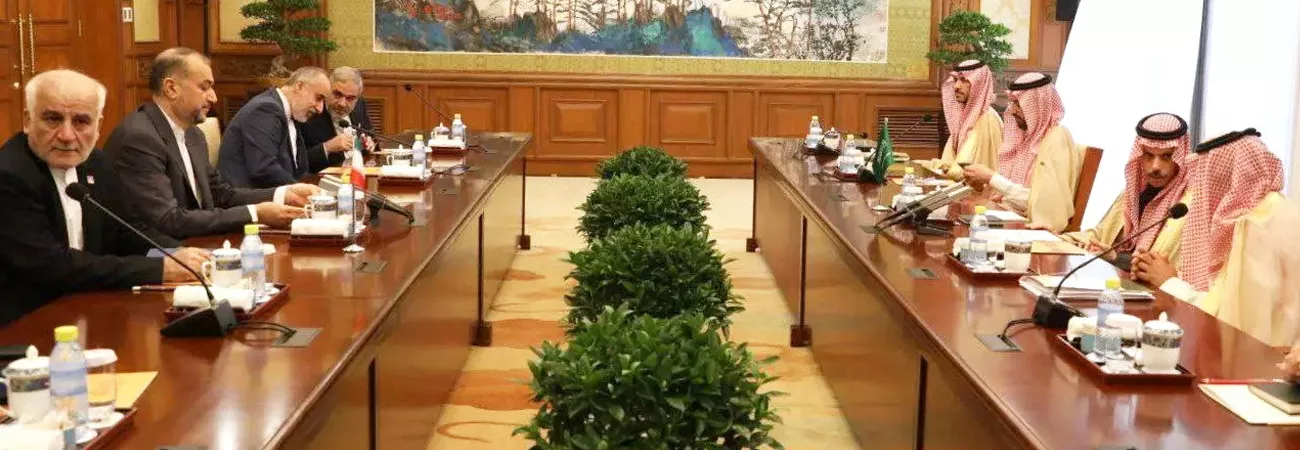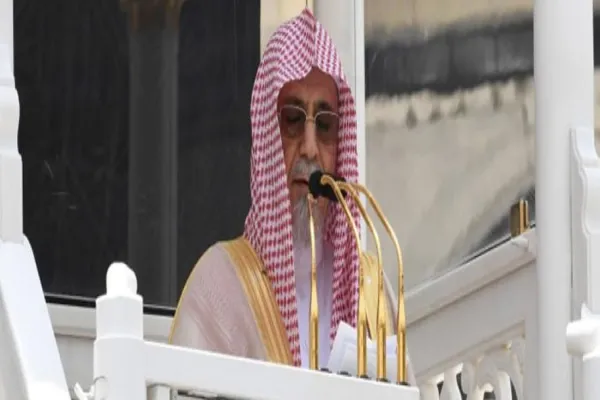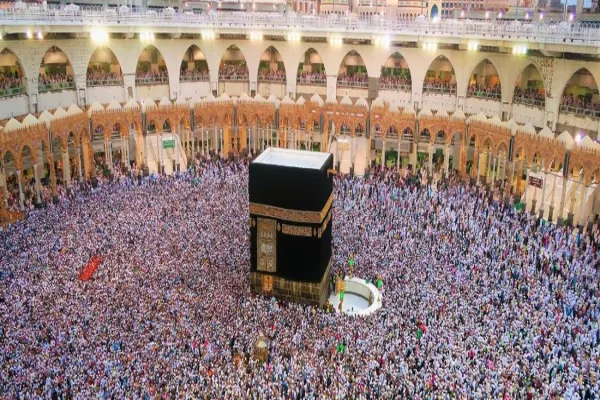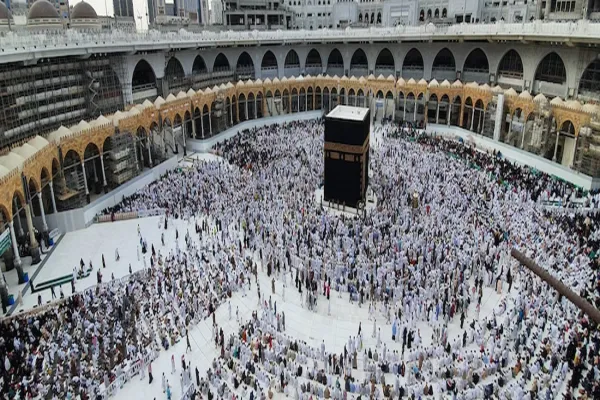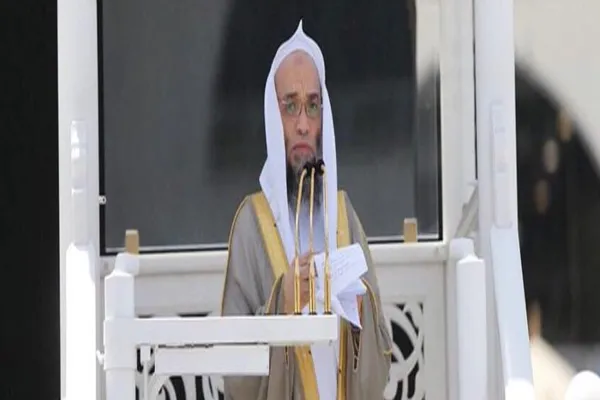PAK-SAUDI SERVICE
On Thursday, the foreign ministers of Iran and Saudi Arabia convened in Beijing for their first official meeting in more than seven years, following China's facilitation of a deal to reestablish diplomatic ties between the two major regional powers. Last month, China played a crucial role in brokering a significant agreement between Iran and Saudi Arabia to end their diplomatic estrangement and reopen diplomatic missions, after years of hostility that exacerbated conflicts throughout the Middle East.
Iranian state TV aired brief footage of Prince Faisal bin Farhan Al Saud and his Iranian counterpart, Hossein Amirabdollahian, exchanging greetings before sitting down next to each other. In a joint statement, Saudi Arabia and Iran, the Gulf's leading Sunni Muslim and Shi'ite Muslim powers, respectively, announced plans to initiate arrangements to reopen embassies and consulates within the two-month timeframe specified in the agreement.
The statement said, "The technical teams will continue coordination to examine ways of expanding cooperation including the resumption of flights and bilateral visits of official and private sector delegations and facilitating the granting of visas for the citizens of the two countries."
Iran's Amirabdollahian tweeted that his meeting with the Saudi counterpart on Thursday was "positive," emphasizing that "the emphasis on stability and sustainable security" were among the issues agreed upon and "on the common agenda." In March, Chinese President Xi Jinping unexpectedly facilitated the deal, showcasing Beijing's increasing influence in the Middle East. China's involvement in the breakthrough shifted the dynamics in a region fraught with conflict, where the United States has long been the primary mediator.
During a meeting with the Iranian and Saudi representatives, Chinese Foreign Minister Qin Gang expressed Beijing's support for Middle Eastern countries in maintaining their strategic independence, eliminating external "interference," and taking control of the region's future. The détente between the Sunni kingdom and the revolutionary Shi'ite theocracy has the potential to bring stability to the Middle East, where the two sides have backed sectarian proxy forces engaged in open warfare or on the brink of conflict.
In 2016, Saudi Arabia severed ties with Iran after its embassy in Tehran was attacked during a dispute between the two countries over Riyadh's execution of a Shi'ite cleric. The joint statement emphasized the importance of reviving a 2001 security pact, under which both sides agreed to cooperate on counterterrorism, anti-drug smuggling, and anti-money laundering, as well as a 1998 trade and technology agreement.
Credit: Independent News Pakistan: INP


